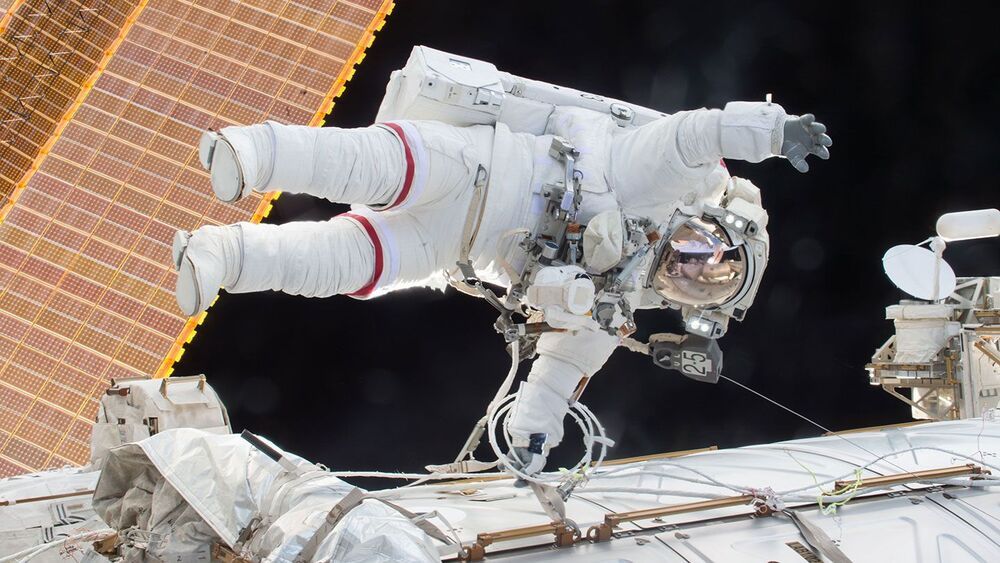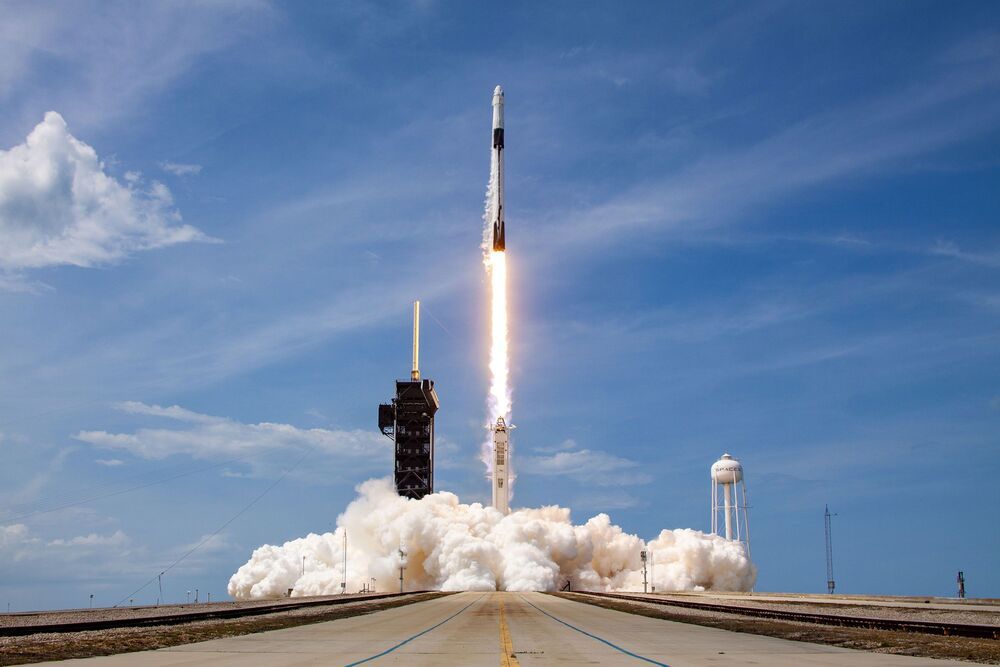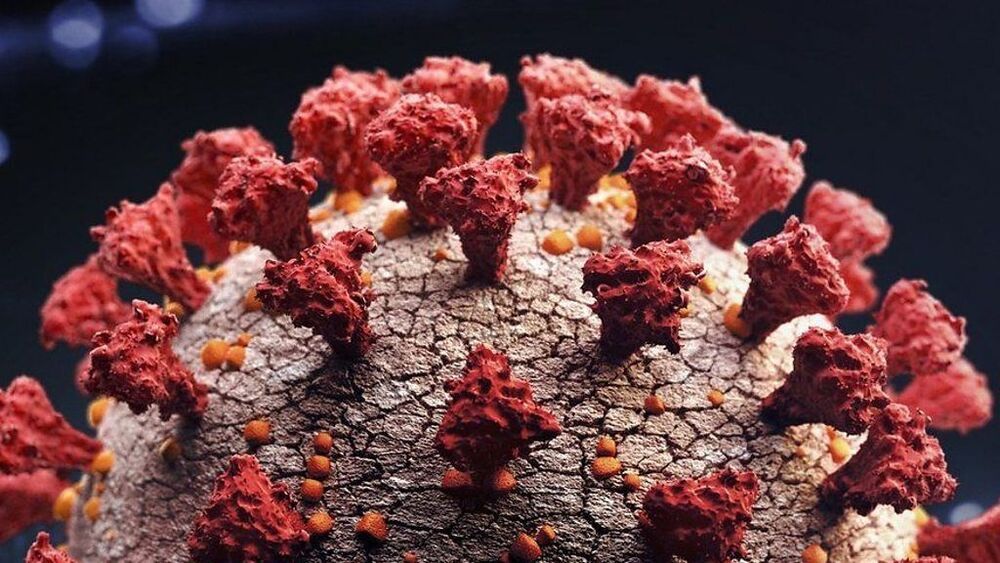Scientists are finally figuring out how much dark matter — the almost imperceptible material said to tug on everything, yet emit no light — really weighs.





Harvard’s Capasso Group has scaled up the achromatic metalens to 2mm in diameter. That may not sound like much, but it is plenty for virtual reality contact lenses. The human pupil is 7mm at widest. These guys are going to beat Mojo Lens to the finish line for smart contact lenses.
Read the latest updates on coronavirus from Harvard University. For SEAS specific-updates, please visit SEAS & FAS Division of Science: Coronavirus FAQs.






Research into a new drug that primes the immune system in the respiratory tract and is in development for COVID-19 shows it is also effective against rhinovirus.
Rhinovirus is the most common respiratory virus, the main cause of the common cold and is responsible for exacerbations of chronic respiratory diseases such as asthma and chronic obstructive pulmonary disease. In a study recently published in the European Respiratory Journal, the drug, known as INNA-X, is shown to be effective in a pre-clinical infection model and in human airway cells.
Treatment with INNA-X prior to infection with rhinovirus significantly reduced viral load and inhibited harmful inflammation.